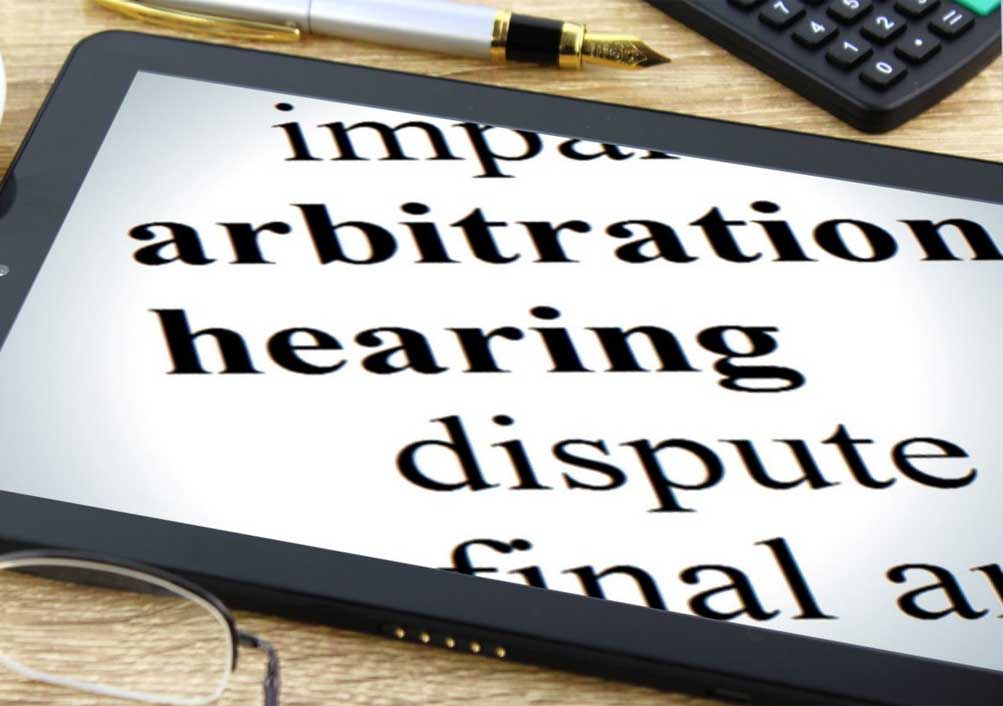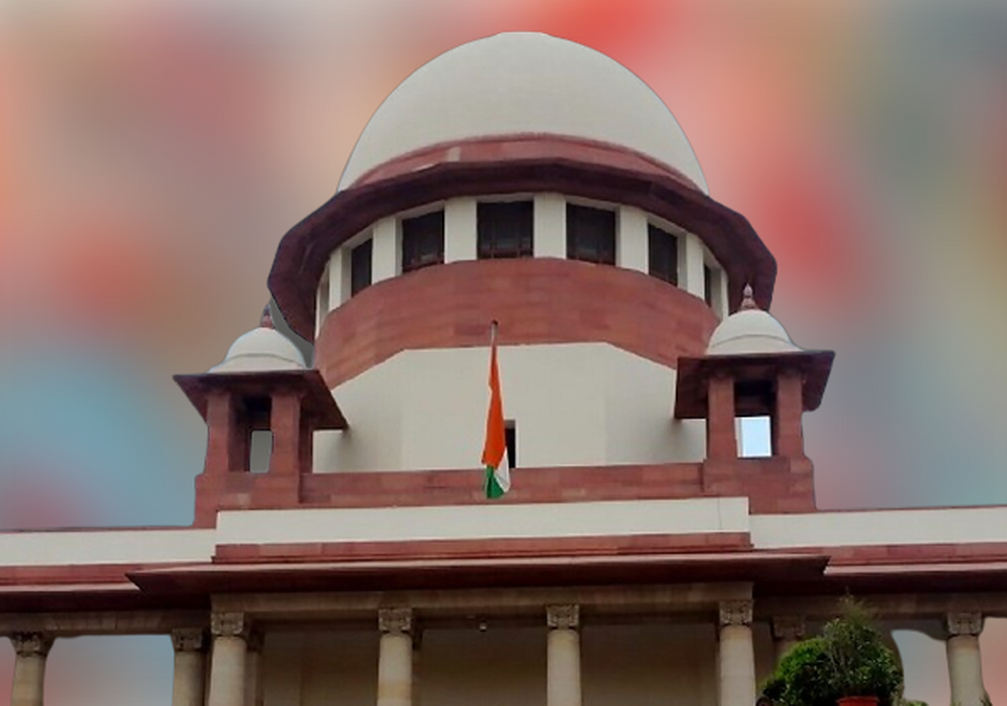Once stamp duty stands paid as per agreement, then its sufficiency can’t be reviewed u/s 11(6) of Arbitration Act: Apex Court while appointing arbitrator to resolve disputes between two Hotel Groups

Read Judgment: Intercontinental Hotels Group (India) Pvt. Ltd. & Anr. V. Waterline Hotels Pvt. Ltd.
Pankaj Bajpai
New Delhi, January 27, 2022: The Supreme Court has opined that once that stamp duty has been paid, whether it is insufficient or appropriate is a question that may be answered at a later stage as this court cannot review or go into this aspect u/s 11(6) of the Arbitration & Conciliation Act, 1996.
A Larger Bench of Chief Justice N.V Ramana, Justice Surya Kant and Justice Hima Kohli observed that issues as to whether Waterline Hotels Pvt. Ltd. (Respondent) is estopped from raising the contention of unenforceability of the HMA or the issue whether Hotel Management Agreement (HMA) is insufficiently or incorrectly stamped, can be finally decided at a later stage.
The background of the case was that the Intercontinental Hotels Group (India) Pvt. Ltd (first Petitioner) and Intercontinental Hotels Group (AsiaPacific) Pvt Ltd. (second Petitioner), are subsidiaries of Intercontinental Hotels Group PLC (IHG Group), based out of India and Singapore respectively. The respondent is an Indian company engaged in hospitality sector. The Respondent had agreed to run and operate a hotel by name Holiday Inn & Suites Bengaluru, Whitefield, and accordingly, the respondent entered into a HMA with the petitioners for renovating the existing infrastructure in accordance with the brand standards established by the IHG group. These investments were to be recovered gradually from the profits made by the hotel in due course. As per the HMA, the respondent was contractually bound to pay management fee to first Petitioner at the end of every month. Further, second Petitioner was entitled to license fee from the respondent for the use of brand and marks as well as an agreed sum towards “System Fund Contributions”, “Technology Service Fee” & “Technical Service Fee”.
It was alleged that the respondent failed to pay the requisite fee which it was contractually bound to under the HMA and the respondent owed the petitioners a sum amounting to USD 6,18,719/-, excluding interest for the late payment. Later, the respondent intimated the petitioner about termination of the HMA. However, the Petitioner replied that unilateral termination of the HMA was not valid. Accordingly, the Petitioners invoked Section 9 of the Arbitration Act seeking interim relief, whereby the High Court of Karnataka directed the respondent not to evict the petitioners from the premises without due process of law until further orders. However, the petitioners alleged that the respondent had taken steps to frustrate the said order.
When the Petitioners approached the SIAC for appointment of sole arbitrators, the respondent replied to the notice sent by the SIAC stating that the notice of arbitration was defective and was not curable. Aggrieved by the respondent’s denial to appoint a suitable Arbitrator, the petitioners have filed present petition seeking appointment of an Arbitrator.
After considering the submissions, the Larger Bench found that the first Petitioner has taken the necessary step to pay the stamp duty applicable to the HMA and in accordance with Section 2(6) of the Indian Stamp Act, 1899, the stamping of the HMA would be governed by the Karnataka Stamp Act, 1957 because the HMA was first executed in Bengaluru, the place of performance is Bengaluru and the subject matter of the HMA is situated in Bengaluru.
Therefore, in order to ascertain whether adequate stamp duty has been paid in terms of the Karnataka Stamp Act, this Court needs to examine the nature of the substantive agreement, the nature of the arbitration agreement, and whether a separate stamp fee would be payable for the arbitration agreement at all, noted the Bench.
“It may be noted that the petitioners, have themselves attempted to self-adjudicate the required stamp duty and have paid, on 29.07.19, a stamp duty of Rs.2,200/-, describing the HMA as a “bond”. On 10.06.2020, the petitioners further purchased 11 e-stamps for Rs. 200/ each, describing the HMA as an ‘agreement’ under article 5(j). Therefore, it falls upon the Court, under the stamp act to review the nature of the agreement in order to ascertain the stamp duty payable”, observed the Top Court.
Speaking for the Bench, Justice Ramana after pursuing the necessary clauses of the agreement, noted that the respondent is under an obligation to ensure that the agreement would be legally valid in India.
If such an obligation was undertaken by the respondent, the extent to which the petitioners can rely on the respondent’s warranty, is clearly a debatable issue, and it is also a matter of adjudication whether the respondent could have raised the issue of validity of the arbitration agreement/ substantive contract in view of the warranty, added the CJI.
Accordingly, the Top Court allowed the arbitration petition and appointed Justice A.V. Chandrashekara, a former Judge of the High Court of Karnataka as a sole arbitrator to adjudicate the issues.
Sign up for our weekly newsletter to stay up to date on our product, events featured blog, special offer and all of the exciting things that take place here at Legitquest.




Add a Comment